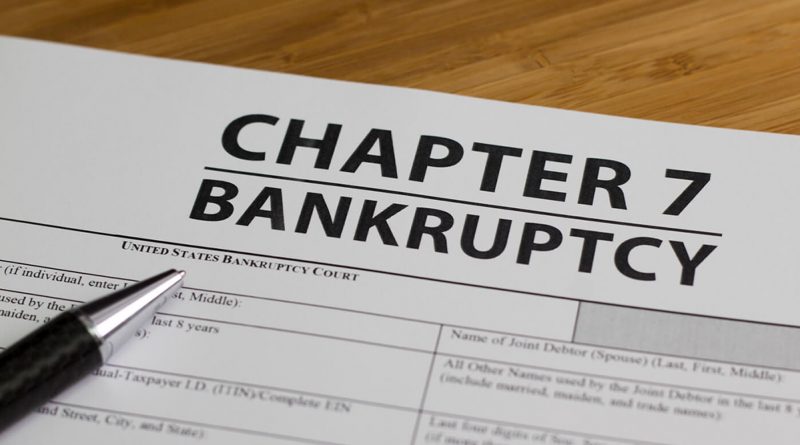How To Qualify For A Chapter 7 Bankruptcy?
If managing your bills has become impossible, you might consider bankruptcy. This is a momentous choice that could have long-term financial and personal repercussions. So, you must choose the type of bankruptcy you intend to declare before committing to the process.
Chapter 7 and Chapter 13 would be the two options to think about for the majority of people. You should think about filing for Chapter 7 if you want to have a “new start” on your finances as soon as possible and if you fulfill all the requirements.
What Is Chapter 7 Bankruptcy?
Chapter 7 bankruptcy, also referred to as “liquidation,” enables you to completely dismiss a variety of personal debts. Debts of this nature include:
- Car loans
- Medical expenses
- Bills for credit cards
- Personal loans
- Utility costs
- Delinquent Amounts Owed Under Certain Leases and Evictions
Most people who file for Chapter 7 bankruptcy can keep most of their personal property due to the rules regarding the exempt property. Many debts can still be totally discharged even though people who file for Chapter 7 bankruptcy keep most, if not all, of their property. Yet, the majority of consumer debts are dischargeable under Chapter 7, even though not all bills are. Moreover, you can learn which debts you can eliminate from an experienced bankruptcy attorney in Montgomery or wherever you call home.
In contrast, a person declaring bankruptcy under Chapter 13 is not instantly able to get rid of their debts. Instead, they design a payback schedule that lasts between three and five years. As a result, the person will continue to make regular payments toward clearing the debt during this period. Any qualified debts that are still outstanding at the end of the repayment plan are dismissed.
Given that Chapter 7 allows for the entire discharge of debts within a few months, it is simple to understand why it is so well-liked. Yet, not everyone is eligible to file for Chapter 7 bankruptcy.
Eligibility Requirements For Chapter 7 Bankruptcy
You must meet a number of requirements in order to be eligible for Chapter 7 bankruptcy. Passing the “means test” is the one and only essential eligibility criterion. So, everyone who wants a Chapter 7 discharge must pass this test, with a few exceptions.
The means test compares your average monthly income over the previous six months to the median income of a household in your state that is similar to yours. You pass the means test if your income is less than the state median.
You can still attempt to pass the means test even if your salary is higher than the median by taking into account your monthly costs. Moreover, if you have little to no discretionary income left over after taking into consideration your monthly expenses, you can still pass the means test and file for Chapter 7 bankruptcy.
When Should You File For A Chapter 7 Bankruptcy?
The best course of action may be to file for bankruptcy. However, the successful repayment of your debts will have a significant impact on your financial situation for several years. So, don’t act rashly. Before making your final decision, be sure to carefully consider the five cautionary indicators.
If creditors are pestering you, seizing your earnings and bank accounts, and you have no way to pay the debts, you may want to think about filing for Chapter 7 bankruptcy. Moreover, if you have exhausted all other options to pay off your debts, you can think about filing for Chapter 7 bankruptcy.
5 Signs That You Should File For Chapter 7 Bankruptcy
- Your unsecured loans have taken up more than half of your annual income.
- Even if you took drastic measures, it would still take you five years or more to pay off your debt.
- Your debt causes stress in vital areas of your life. For example, relationships, your ability to concentrate at work, and your sleep quality.
- You are giving your everything in maintaining a budget, yet your disposable money is minimal to nonexistent.
- Your monthly income is lower than the state median.
The Bottom Line
A good approach to give your money a “new start” is through chapter 7 bankruptcy. Nevertheless, as appealing as it may sound, it could not be the best option for you. For example, Chapter 13 bankruptcy can be preferable if you are in danger of losing the home you wish to maintain to foreclosure. You might also be better off refraining from filing for bankruptcy altogether. So, before submitting any paperwork to the Bankruptcy Courts, you should always get advice from a nearby bankruptcy attorney in your area to help you decide on a course of action.




